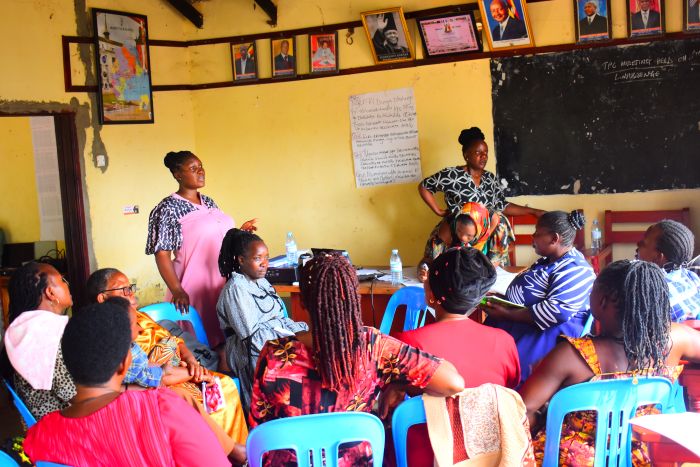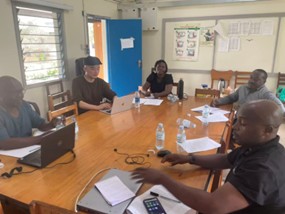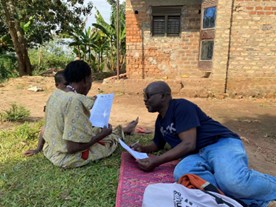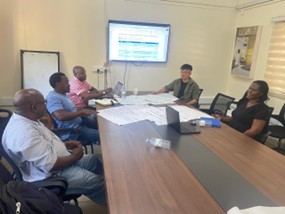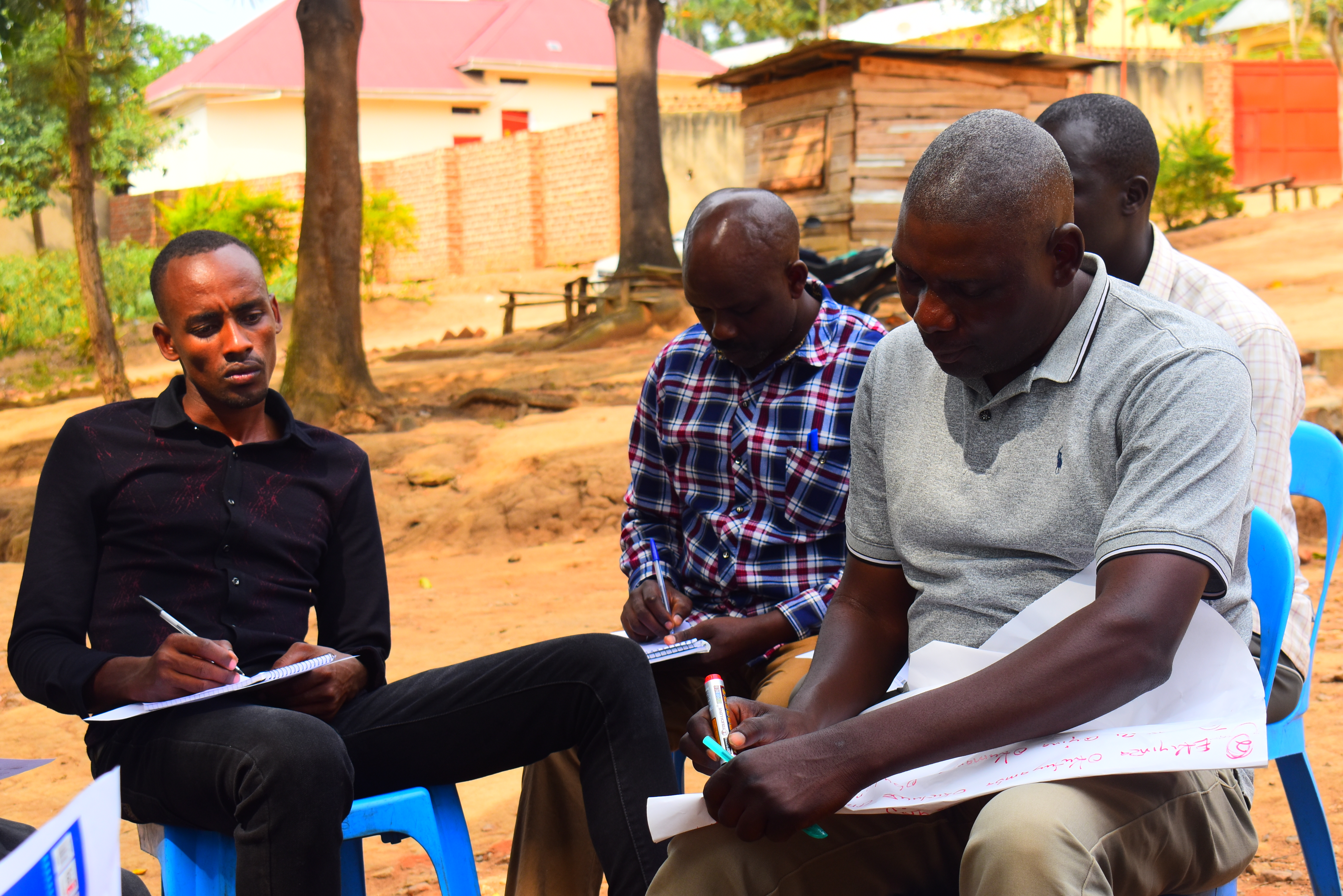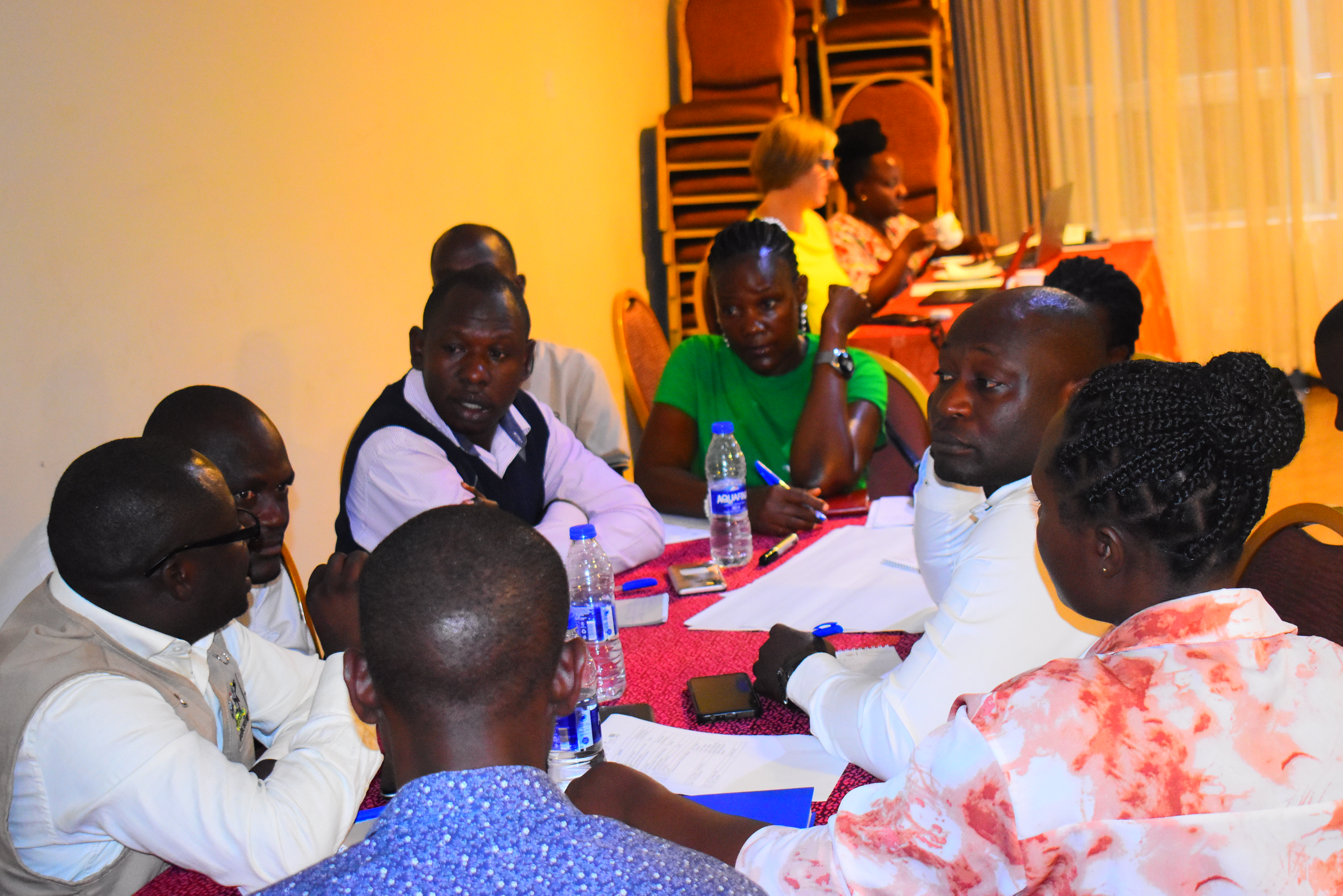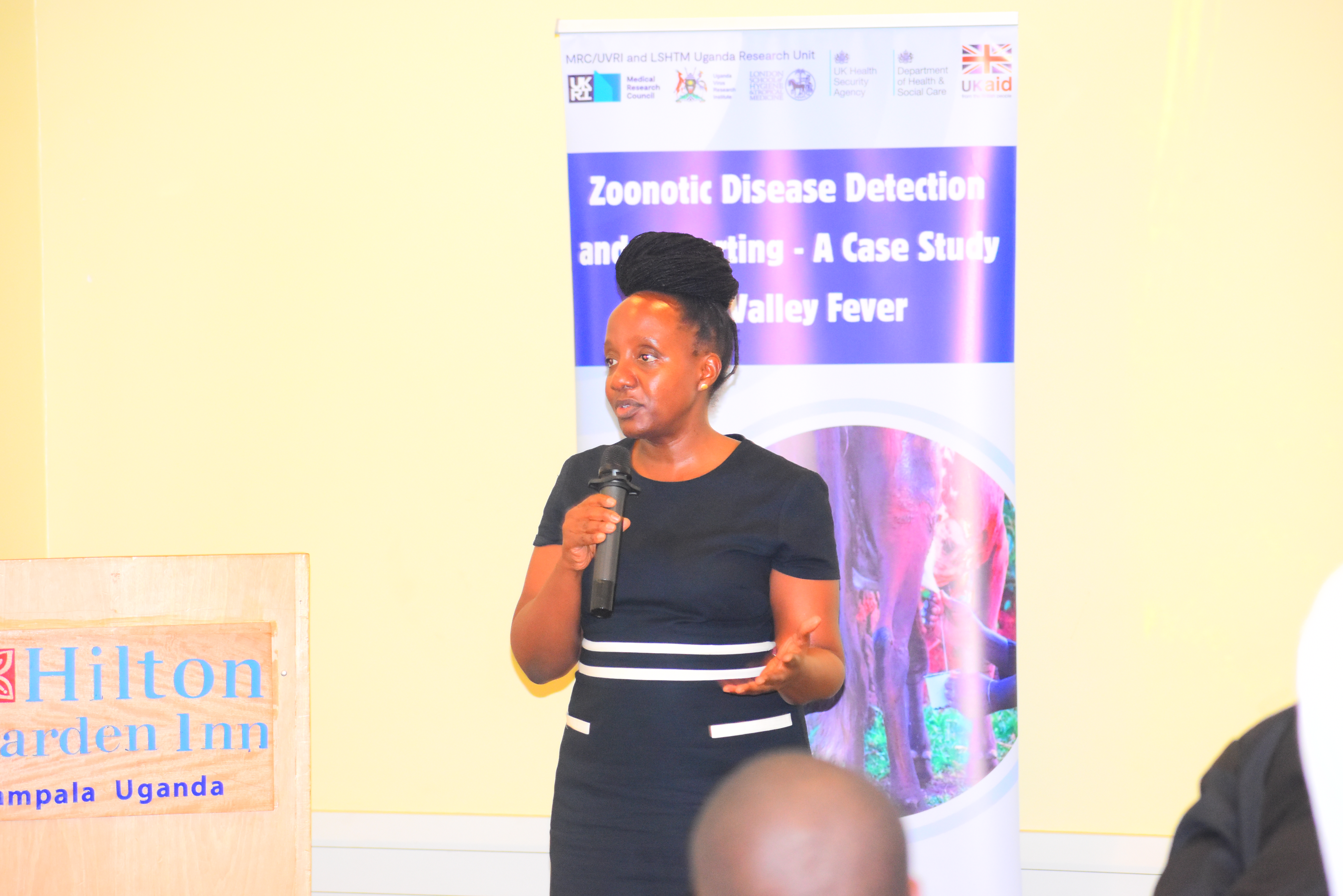
Image credit: Medical Research Council /Uganda Virus Research Institute & London School of Hygiene & Tropical Medicine Uganda Research Unit
UK-PHRST’s social science team is co-leading a study exploring the gaps in detection and reporting of Rift Valley Fever (RVF) in Uganda alongside researchers from the Medical Research Council /Uganda Virus Research Institute & London School of Hygiene & Tropical Medicine Uganda Research Unit. Using RVF as a case study, the research aims to strengthen zoonotic disease prevention and detection nationally.
The challenge
Uganda faces recurring outbreaks of endemic zoonoses such as RVF, which pose continuous threats to both animal and human health. Although RVF primarily affects domestic animals and livestock through infected mosquito bites, humans can also become infected. This can occur through three main transmission routes; consuming infected animal milk or meat and, more rarely, bites from an infected mosquito or contact with an infected person.
The research study
This study uses a One Health approach to investigate the complex dynamics of livestock healthcare-seeking behaviour. The study examines when, where and how livestock keepers access animal healthcare services, whilst also analysing the knowledge, diagnostic practices, treatment approaches and capacity of animal health practitioners when dealing with symptoms common to zoonotic diseases like RVF. By working directly with livestock keepers, animal health practitioners, and local health systems – those most affected by RVF - the research ensures that community voices and experiences shape our understanding of the challenges they face daily.
The research will attempt to answer why gaps in RVF detection, surveillance and reporting occur in Uganda. To achieve this, the study uses a variety of qualitative methods, including literature and document reviews, expert key informant interviews, ethnographic observations, in-depth interviews, and feedback workshops with participants.
Expected outcomes
The findings will inform the development of evidence-based reports and practical roadmaps containing community voices and actionable policy recommendations. These will focus on improving zoonotic disease detection and reporting at the district level, ultimately contributing to enhanced Ugandan national strategies for zoonotic disease surveillance and response.
Importantly, for communities, this research will help co-create more responsive and effective animal health services that protect both livestock livelihoods and human health. By identifying real-world barriers that prevent timely disease detection and reporting, the research aims to build stronger, more resilient health systems that communities can trust and effectively use.
Dr. Nambusi Kyegombe, Head of Social Determinants of Health at the UVRI/MRC Unit Uganda at LSHTM and Co-Principal Investigator of the ZOODER study, said: “Our commitment is to ensure this research does not end in reports but supports practical solutions that emerge from, and are led by, communities. When communities are partners with co-ownership of the process and outcomes, we can co-create solutions that fit local realities, can be scaled nationally, and can be sustained over time"
|
Dr Yang Zhao, social scientist at UK-PHRST and Assistant Professor at London School of Hygiene & Tropical Medicine said: “This study will help provide invaluable local insights into Rift Valley Fever to inform national strategies on disease detection and reporting. Working with communities, we can better prevent outbreaks and safeguard lives and livelihoods.” |
Research project activities
January 2025Workshop: Field training of research assistants In-country training was conducted for research assistants to collect data during fieldwork. As part of the workshop, UK-PHRST social scientist provided methodology training on how to conduct interviews and participant observation techniques. Photo credits: MRC/UVRI & LSHTM Uganda Research Unit |
|
January 2025Site visits and pilot research Ugandan research assistants, alongside a UK-PHRST social scientist, conducted site visits to understand the local context and prepare for data collection. During these visits, the team also engaged with local communities and gained informed consent for their participation in the study. Finally, the researchers conducted pilot research by conducting interviews and facilitating focus group discussions. Photo credits: MRC/UVRI & LSHTM Uganda Research Unit |
|
January - August 2025Data collection Researchers interviewed local livestock keepers in Ugandan districts. Photo credits: MRC/UVRI & LSHTM Uganda Research Unit |
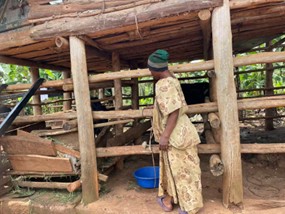 |
August 2025Data analysis meeting The researchers finalised data collection and began organising data to begin analysing it. The team also planned validation workshops at community, district and national levels. |
|
September 2025Dissemination workshops: Community, regional and national level Three workshops were held in Uganda at community, regional and national level to validate the study’s findings and gain a deeper understanding of local perspectives and identifying barriers and opportunities for improving detection and reporting in Uganda. Attendees across the workshops included representatives from Kyamulibwa and Lwabenge sub counties, veterinary officers, health inspectors, community leaders, community advisory board members and representatives from Ugandan Ministries of Agriculture, Health, Water and Environment and the Uganda Virus Research Institute. Photo credits: MRC/UVRI & LSHTM Uganda Research Unit
|
|
